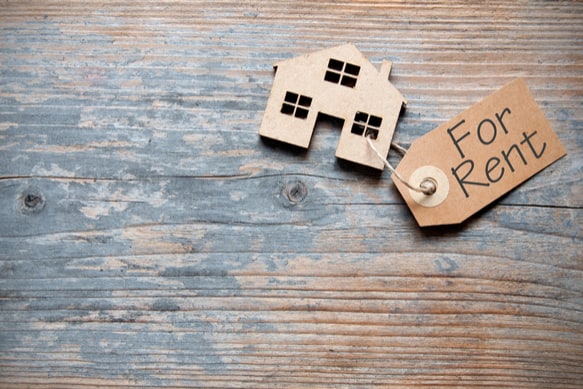Attention investment property owners – changes to eligible deductions may have affected you!
Significant changes came through in 2018 for residential investment property owners with updated legislation affecting their eligible deductions for all future tax returns.

Unfortunately for owners of residential rental properties, the legislation regarding deductibility of travel expenditure and certain depreciation has become more restrictive in an attempt to reduce the impact of negative gearing.
The change surrounding travel expenditure is relatively simple in regard to what is eligible and what is not. From 1 July 2017, travel costs, insofar as they are related to investment in residential rental properties, will no longer be an eligible deduction against the rental income earned.
Travel expenses relating to rental properties may arise for several reasons, such as attending a body corporate meeting or visiting the property to inspect (and repair) damage. The group most impacted by the new legislation will be those that own properties interstate or a considerable distance from where they live. Expenditure such as flights, accommodation, food and other travel related costs incurred will no longer be an eligible deduction from the 2018 tax return onward.
Another change implemented from 1 July 2017 is with respect to the treatment of plant and equipment depreciation for owners of residential investment property. Put simply, depreciation on plant and equipment that was used previously by another taxpayer is no longer eligible as a deduction against rental income. This change applies to all previously used equipment that was obtained after 9 May 2017, as well as any equipment obtained before 1 July 2017 that hasn’t generated any income during either the 2017 or 2018 financial year.
An example of how this legislation would apply is simply demonstrated through the purchase of an inner-city apartment from the previous owner. When purchasing the property, the previous owner includes in the purchase the existing furniture within the apartment at a discounted rate. Generally speaking, with this change, as the furniture was not firstly held by you, but by the previous owner during their period of ownership and renting the apartment out to tenants, the purchase of the second-hand furniture is no longer eligible to be claimed as a depreciation expense against rental income.
Note that as in previous returns, all purchases of new plant and equipment by the owner to add to the apartment are still eligible to be depreciated and can reduce the net taxable income of the rental property.
These changes were first announced in the 2017 Federal Budget and were made law in 2018 so keep it in mind when lodging your returns!
If you are an investment property owner and have further questions in relation to these changes, please contact one of our Tax Specialists today on (03) 9835 8200. Alternatively, you can complete your details below and we’ll be in touch.
